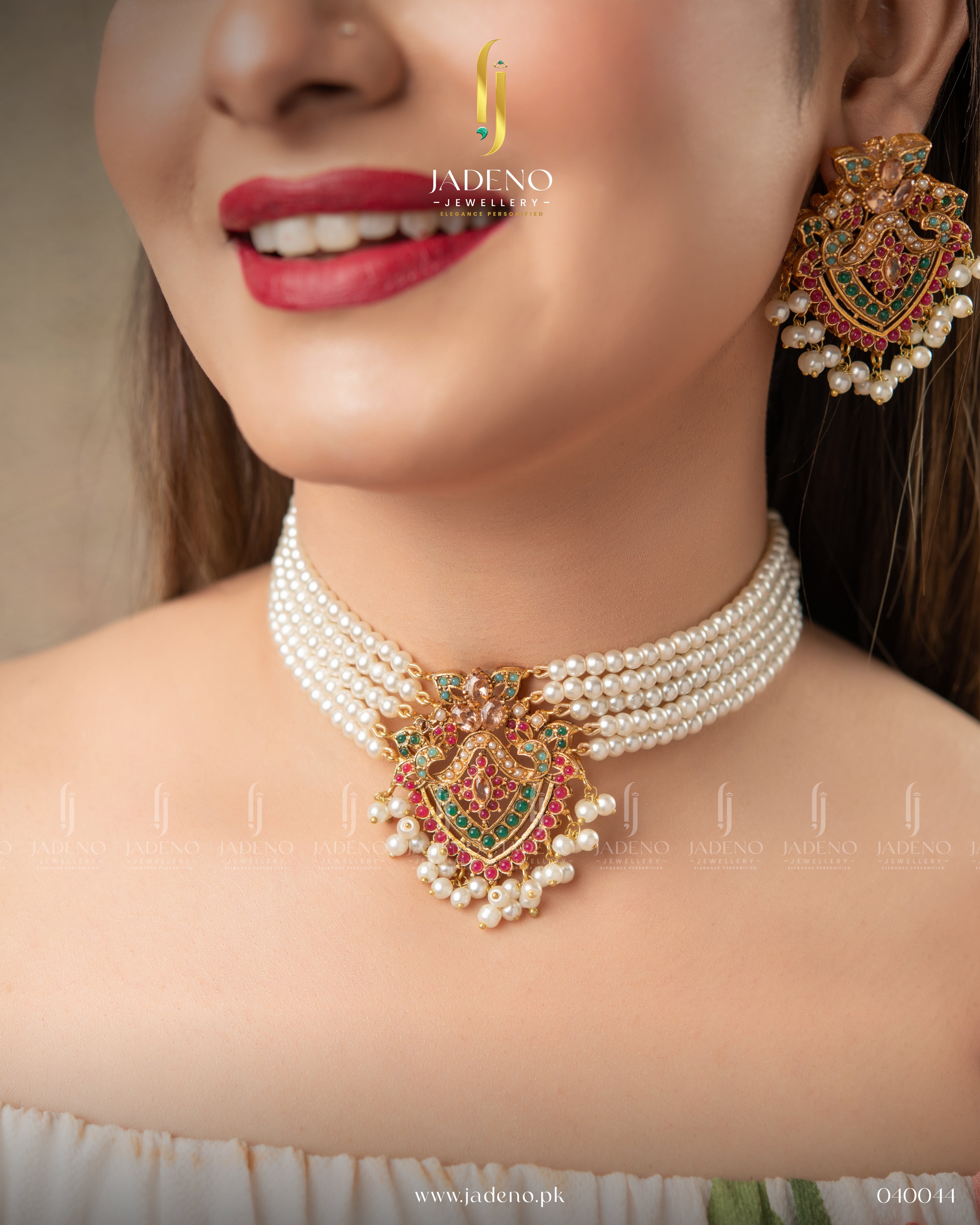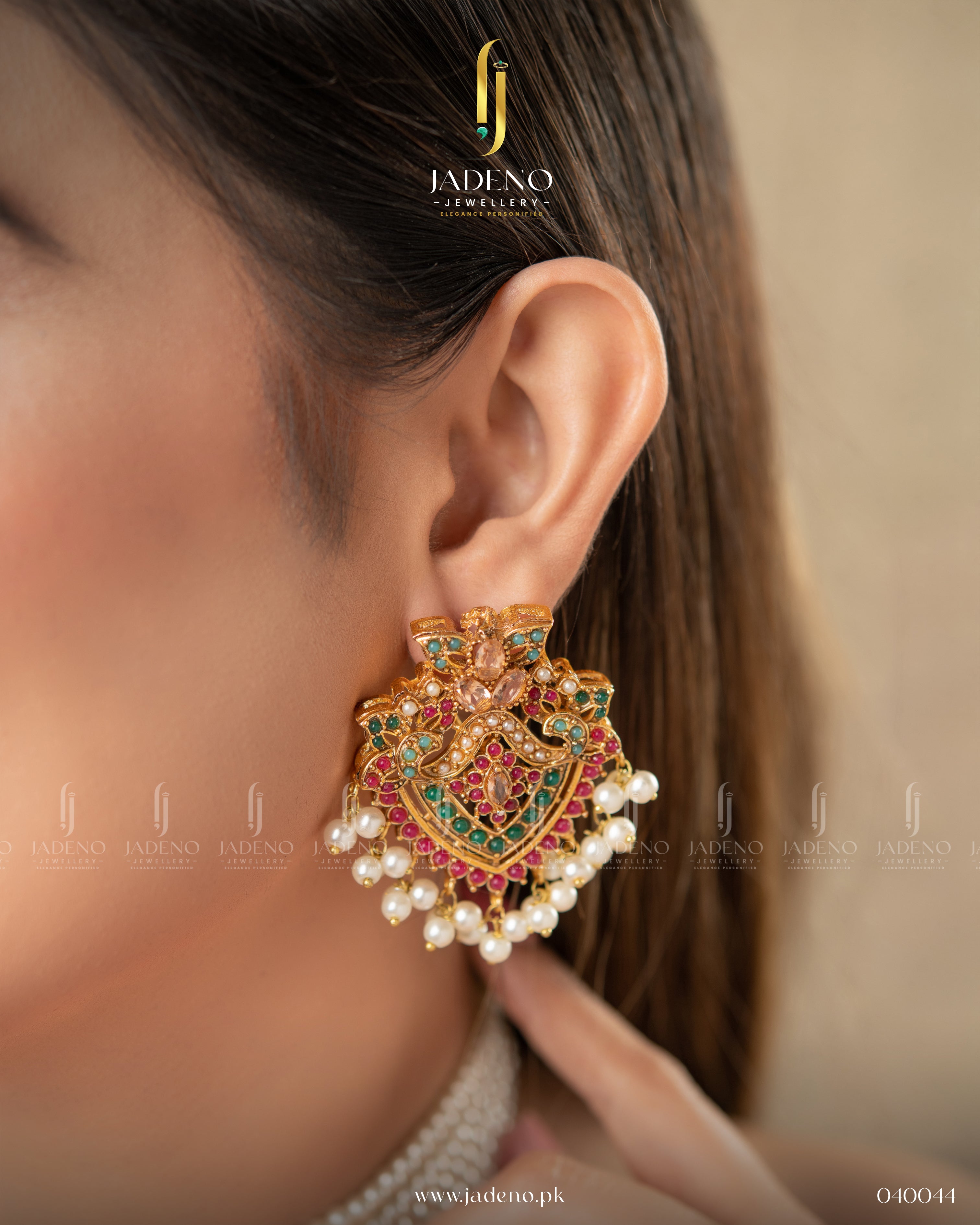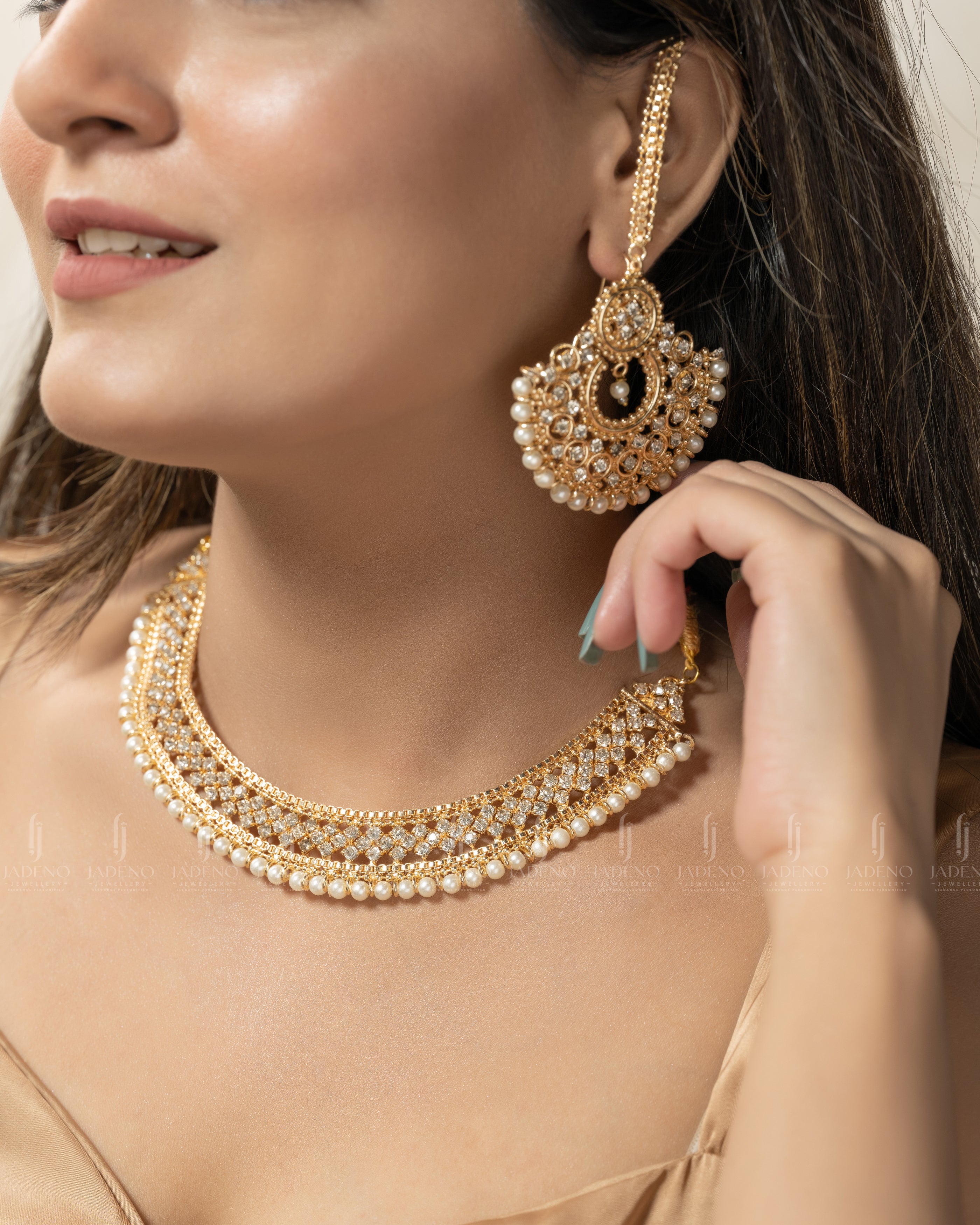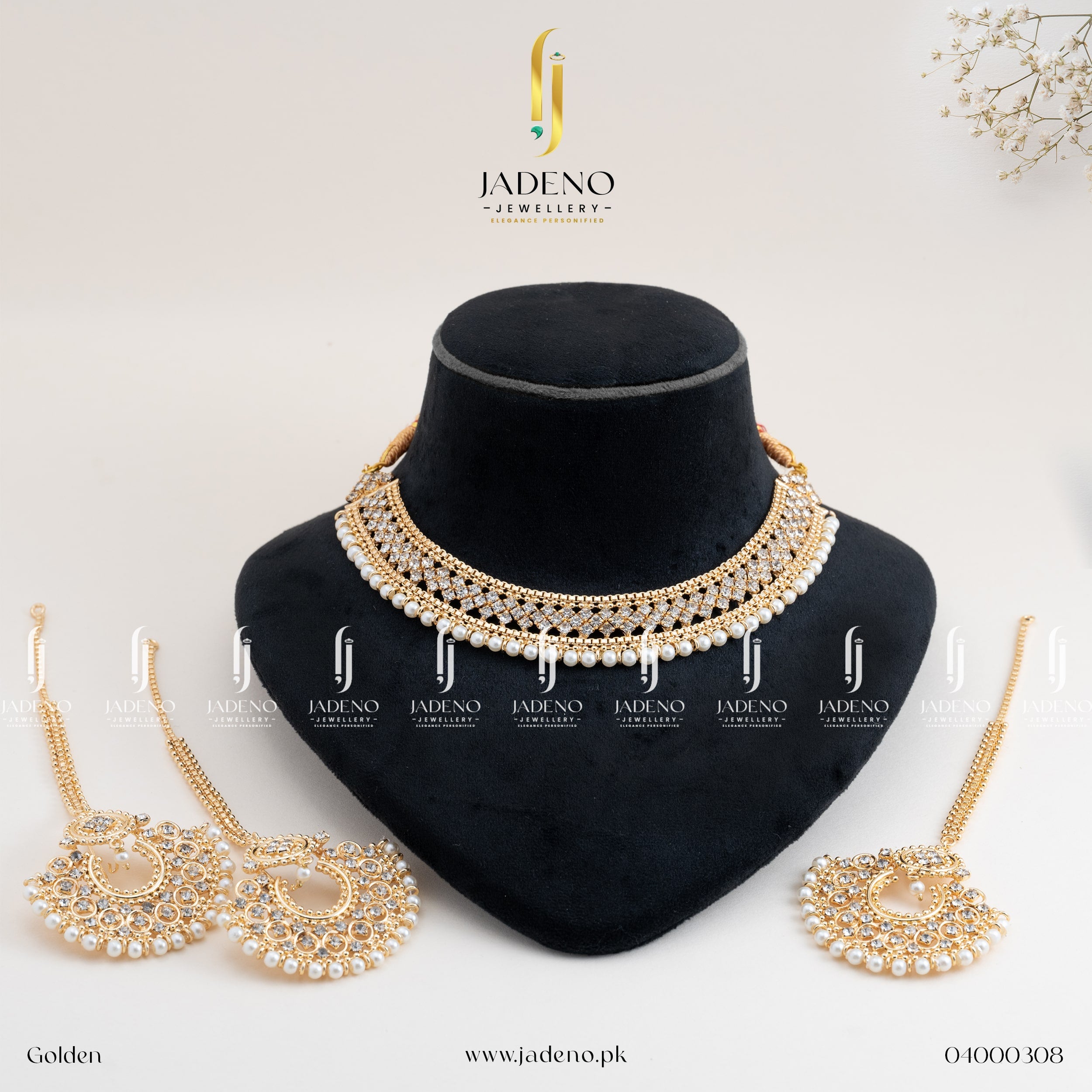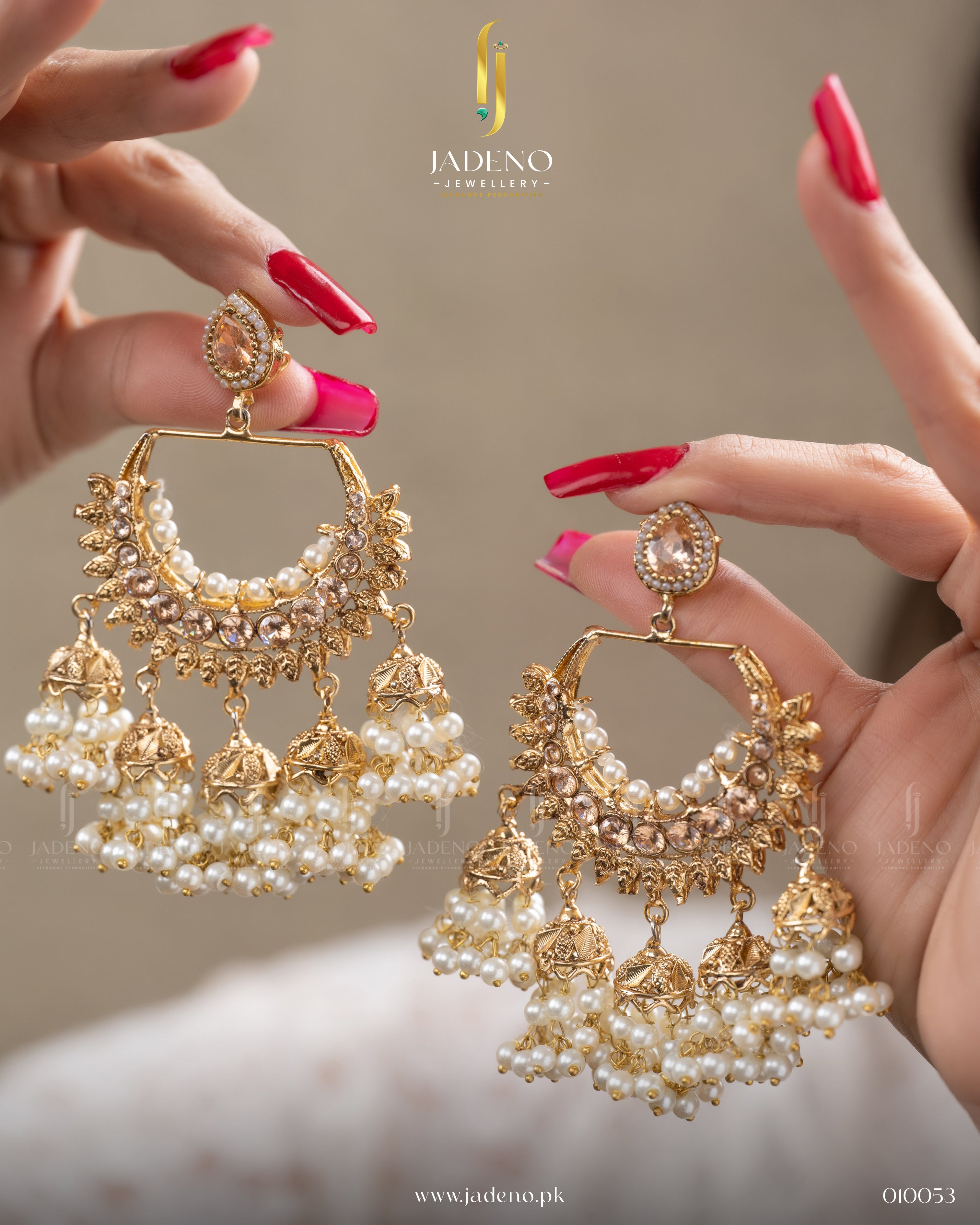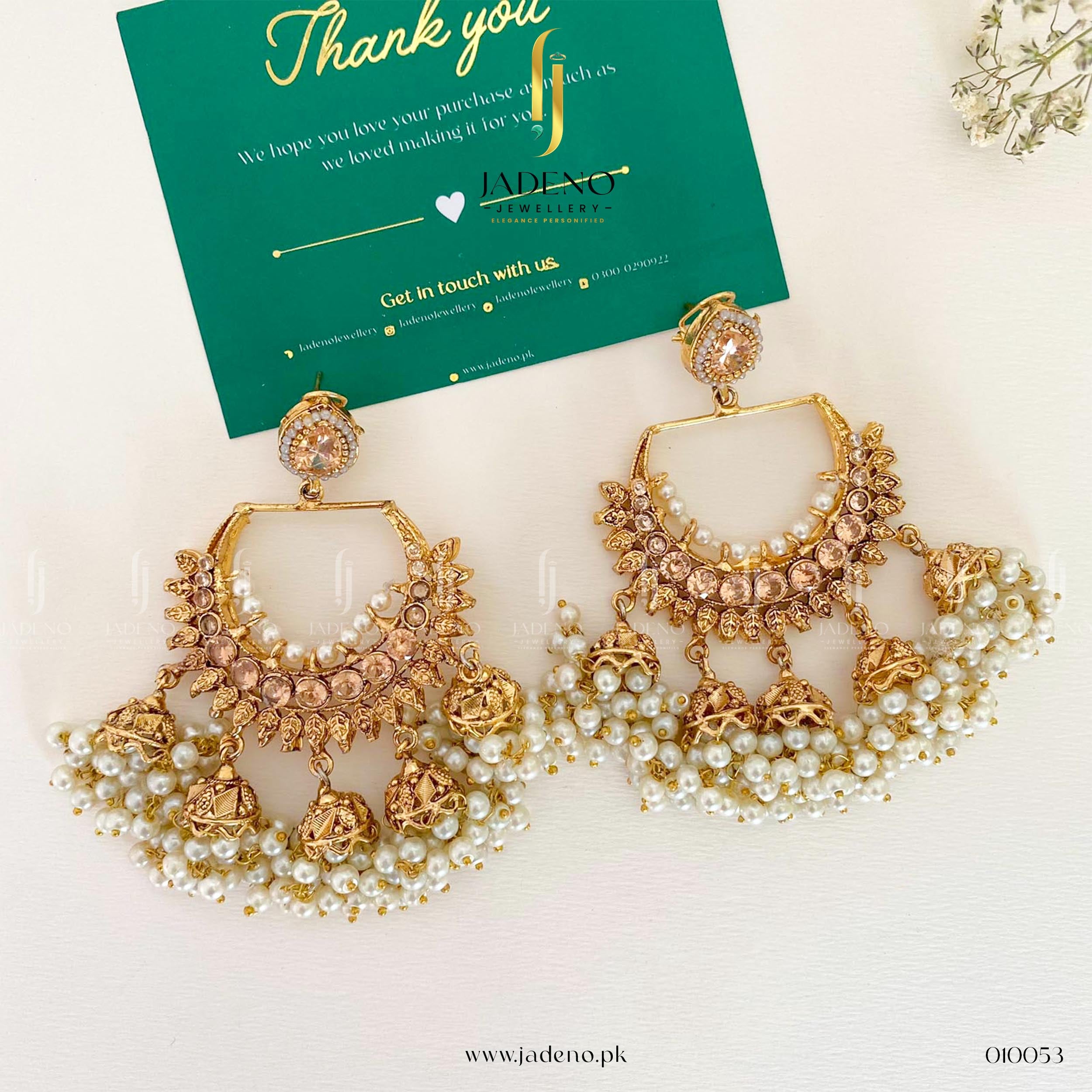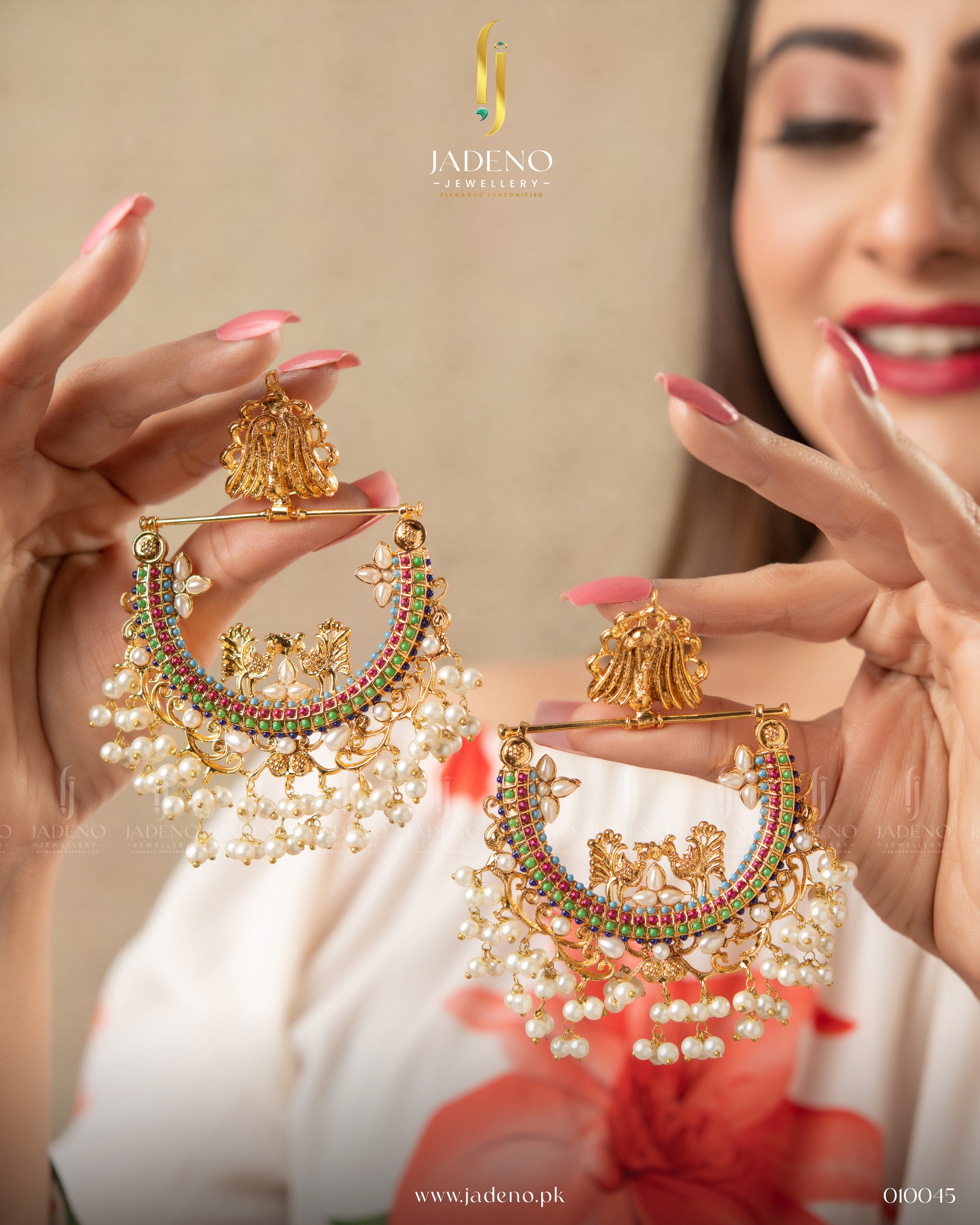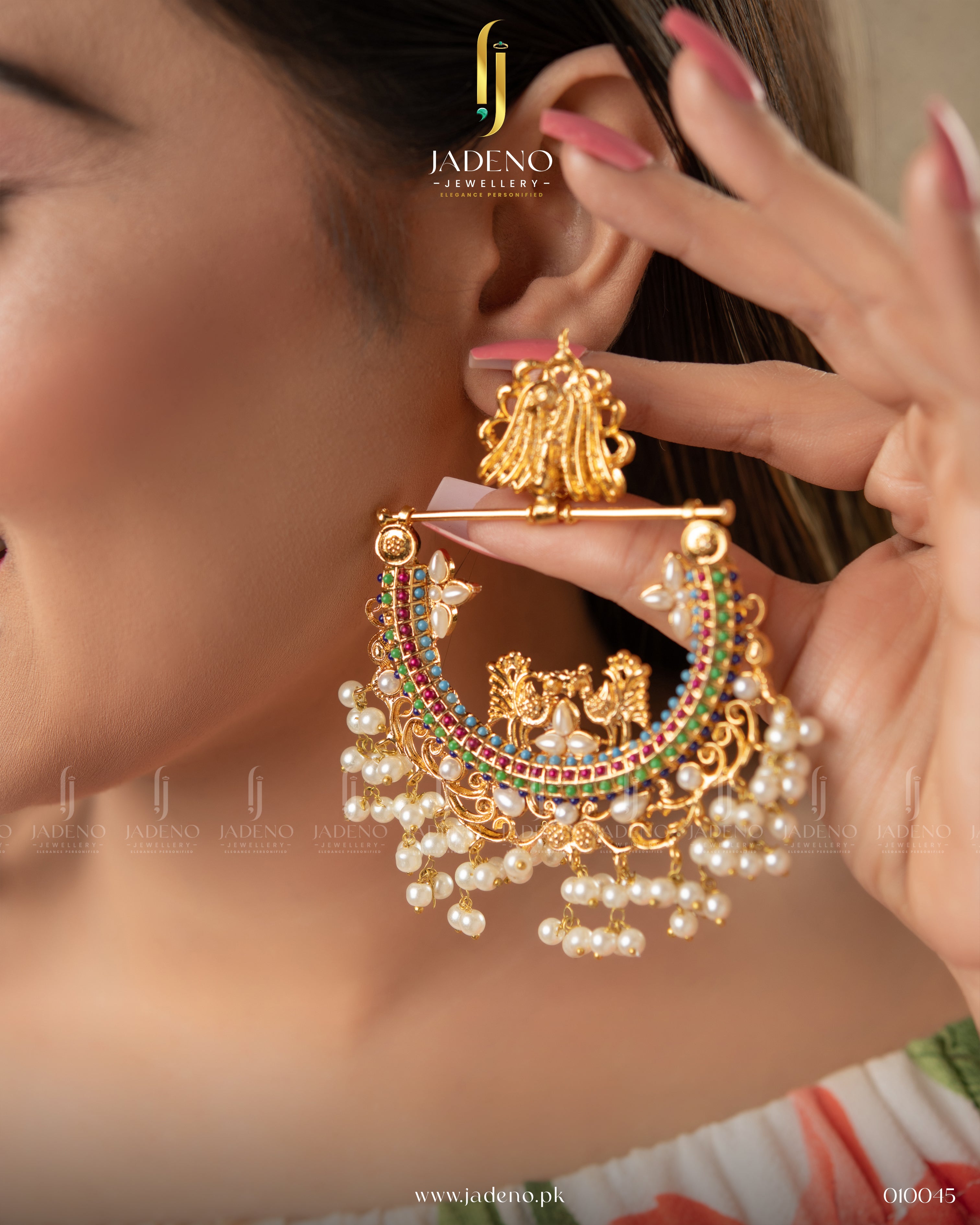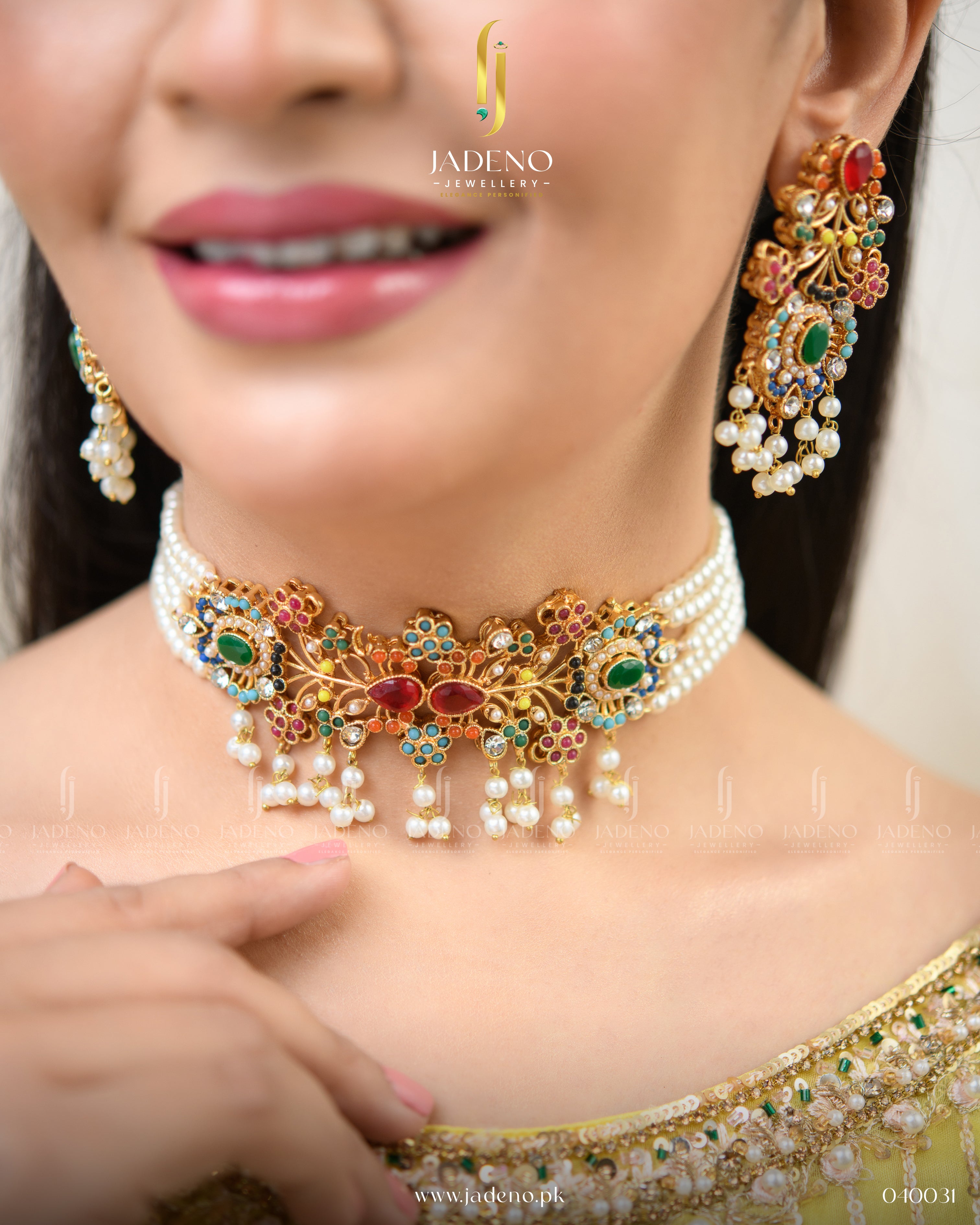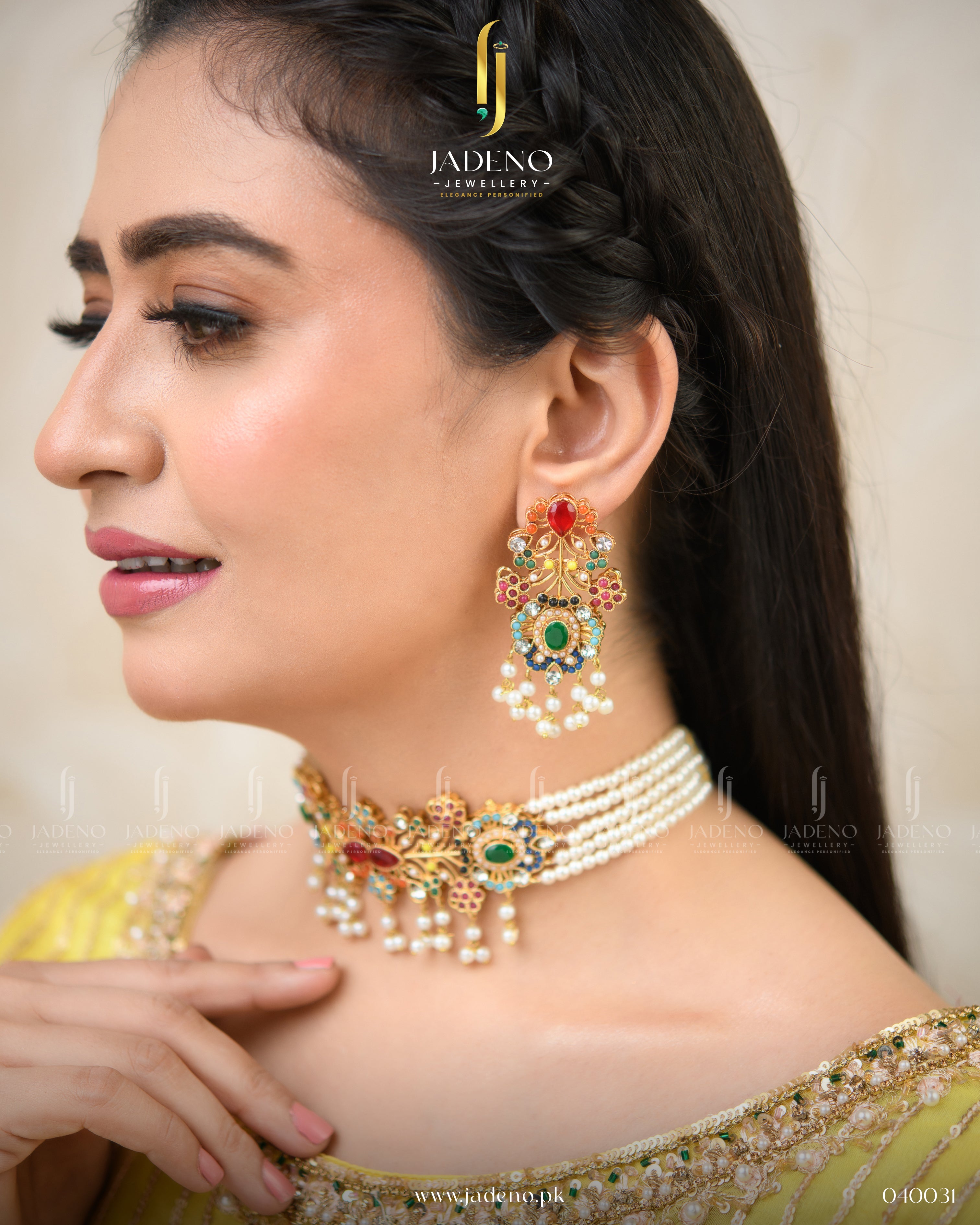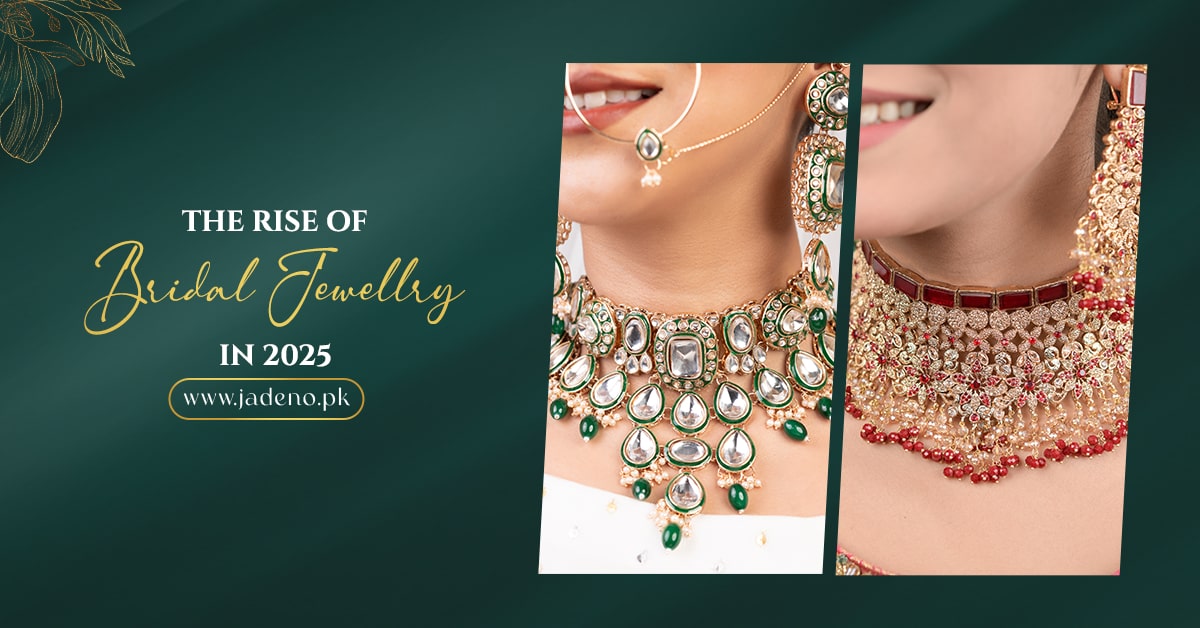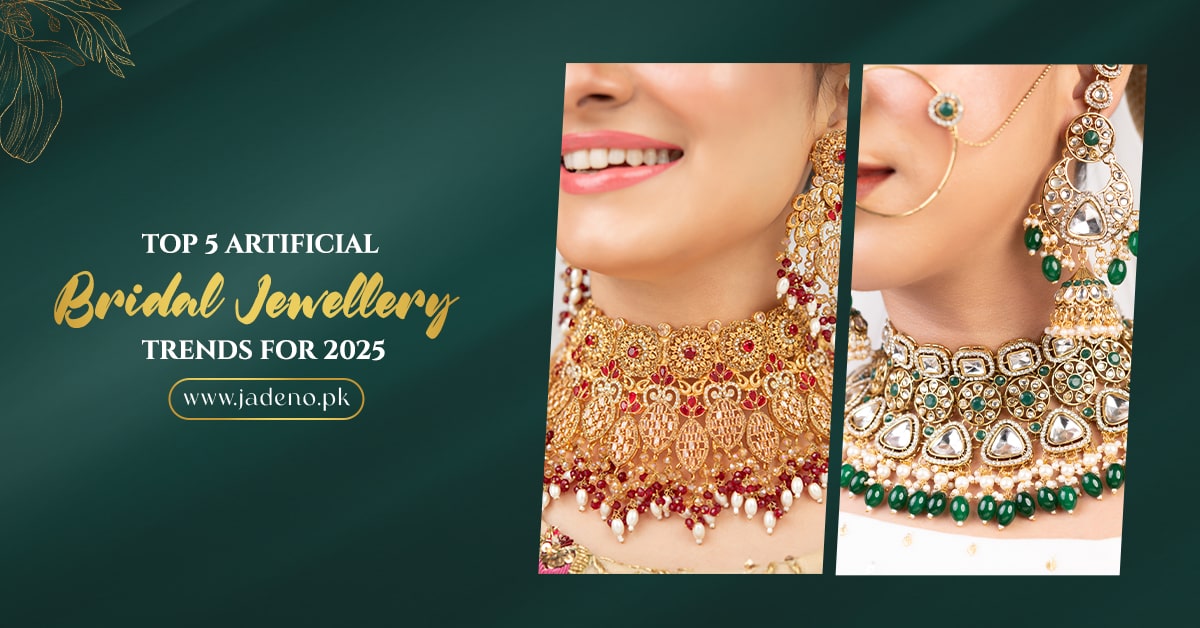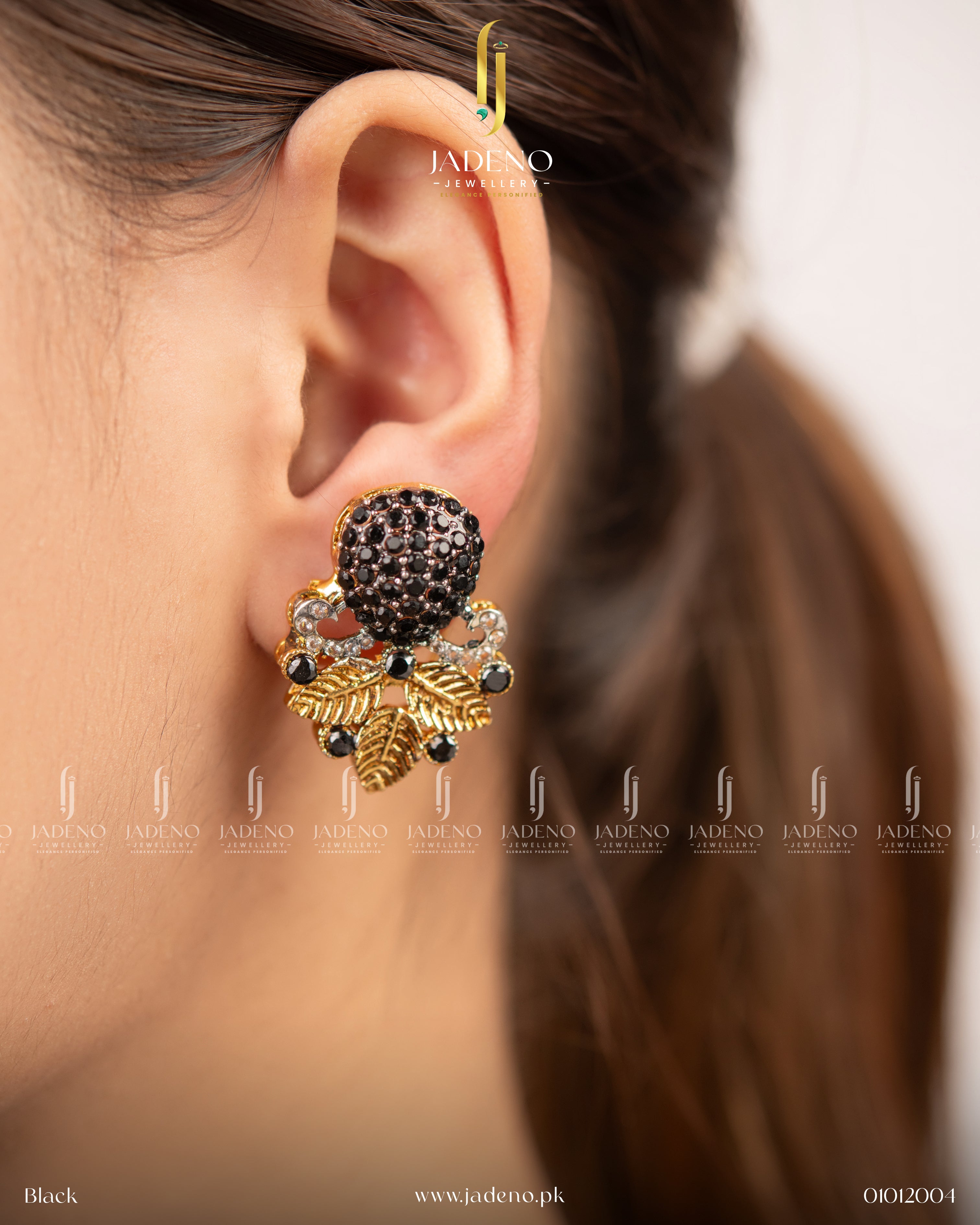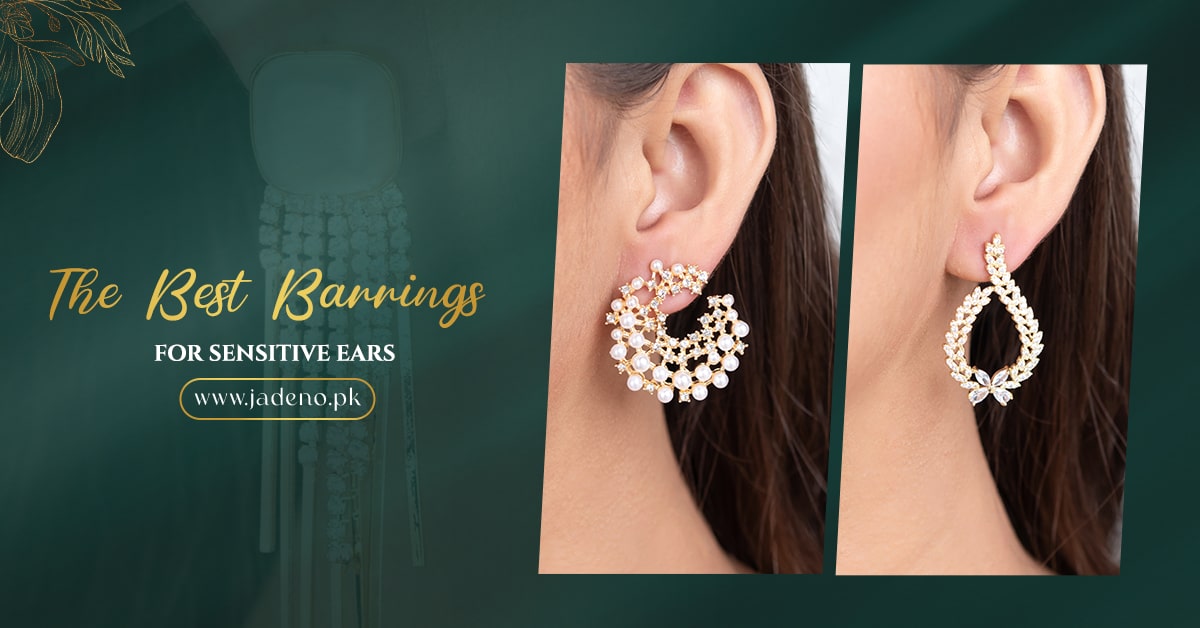
Best Earrings for Sensitive Ears and Tips to Prevent Irritation
If you’ve ever experienced redness, itchiness, or swelling after wearing a pair of earrings, you’re not alone. Many people, regardless of age or gender, suffer from sensitive ears. The good news? It doesn’t mean you have to give up on accessorising altogether. Choosing the right earrings and following simple care tips can make all the difference between painful irritation and all-day sparkle.
This in-depth guide is your ultimate resource for uncovering the best earrings for sensitive ears and tips to prevent irritation because beautiful jewellery shouldn’t come at the cost of your comfort.
Understanding Sensitive Ears: What’s Going On?
Let’s start by asking the obvious: why do some ears react to earrings while others don’t?
Think of your skin as a personal bouncer. It lets the good stuff in but flares up when it senses an invader. In people with sensitive ears, the skin is more reactive to certain metals (especially nickel), resulting in allergic contact dermatitis. Symptoms can range from a mild itch to full-blown inflammation.
“It’s not about the price tag; your Rs100 studs or Rs150,000 gold hoops can both irritate your ears if the material doesn’t agree with your skin,” says Shanaya Rasool – a jewellery designer from Karachi.
Common signs of earring sensitivity include:
- Redness around the earlobe
- Itching or burning sensations
- Swelling or crusting near the piercing
- Fluid discharge (in severe cases)
If this sounds familiar, you're in the right place. Let's dig into the materials that make or break your earring-wearing experience.
Materials Matter: The Best Earring Metals for Sensitive Ears
Your choice of metal can be the difference between happy ears and an allergic meltdown. So what should you look for?
Hypoallergenic Metals (aka Your Ears’ Best Friends)
1. Surgical Stainless Steel
- Affordable and durable
- Commonly used in medical-grade jewellery
2. Titanium
- Lightweight and virtually allergy-proof
- Used in medical implants, so you know it’s safe
- Great for both everyday wear and new piercings
3. Niobium
- Less known, but equally gentle
- Naturally nickel-free
- Comes in vibrant anodized colors
4. 14K–18K Gold (Yellow or White)
- Stick to solid gold, not gold-plated (more on that later)
- Avoid white gold with nickel alloys unless labelled hypoallergenic
5. Platinum
- The luxury option
- Incredibly resistant to corrosion and skin reactions
- Perfect for long-term use
Metals to Avoid Like the Plague
- Nickel – the #1 culprit in allergic reactions
- Brass and Copper – may discolour skin and trigger rashes
- Cheap Alloy Blends – often contain unregulated metal mixes
Top Styles of Earrings That Won’t Irritate
Even if you’re choosing the right metal, style matters too. Why? Because how an earring sits on your ear can affect airflow, cleanliness, and pressure.
Studs
Simple, minimal contact with the skin. Great for everyday wear. Opt for flat-back studs to avoid poking and pressure.
Hoops (Small to Medium)
Choose seamless or hinged hoops made of titanium or gold. Avoid larger hoops that tug or rub throughout the day.
Drop Earrings with Lightweight Design
Avoid heavy dangles. Look for materials like resin, acrylic (paired with a hypoallergenic post), or feather-light metals.
Sleeper Earrings
Traditionally worn after new piercings, these are smooth, round, and comfortable enough to wear overnight.
Daily Care Tips to Prevent Earring Irritation
Even the best earrings can cause issues if you're not treating your ears right. Here's how to be kind to your lobes:
1. Clean Your Earrings Regularly
Use gentle soap and water or rubbing alcohol to disinfect. Aim for once a week or more if you wear them daily.
2. Disinfect Your Piercings
Especially after workouts or sweating, use a saline solution to gently clean around the piercing.
3. Rotate Your Earrings
Even if you have a favourite pair, give your ears a break. Switch styles or go earring-free once in a while.
4. Avoid Sleeping in Earrings
Unless you’re wearing sleepers, remove your earrings before bed to prevent unnecessary pressure and friction.
5. Apply a Protective Barrier
Some people use a thin layer of petroleum jelly or specialised skin barrier wipes on the post before wearing earrings.
How to Shop Smart: Red Flags and Safe Choices
Red Flags to Watch For
- No material disclosure or vague labelling (e.g., “metal alloy”)
- Earrings labelled as “costume jewellery” without hypoallergenic tags
- Strong metallic smell or visible tarnish even before wearing
Smart Shopping Tips
- Always read product descriptions carefully.
- Look for "nickel-free", “hypoallergenic”, or “medical-grade” claims.
- Stick to trusted brands or stores such as Jadeno Jewellery that specialise in sensitive skin products.
- Don’t assume a higher price means better quality. Always verify materials.
When to See a Dermatologist
If you're doing everything right and still suffering, it may be time to bring in the pros.
Consult a dermatologist if:
- Your symptoms worsen despite wearing hypoallergenic earrings
- You experience pus, bleeding, or extended swelling
- You’re considering allergy testing for metals
A specialist can test for metal sensitivities and recommend personalised care or even medical-grade earrings.
Conclusion
Earrings should elevate your confidence, not leave you dealing with discomfort and irritation. By understanding your skin’s sensitivities, choosing the right metals, and following smart hygiene practices, you can enjoy accessorising without compromise.
The journey to finding the best earrings for sensitive ears isn’t just about fashion. It’s about reclaiming comfort and control. Your ears deserve to feel as good as they look.
FAQs
1. What does “hypoallergenic” really mean?
It means the product is less likely to cause an allergic reaction. However, it's not a guarantee. Always test new earrings for a few hours before long-term wear.
2. Can I wear gold-plated earrings with sensitive ears?
Gold-plated earrings often have a base metal (usually nickel or brass) underneath the plating. Once the thin layer wears off, it can trigger irritation.
3. Are silicone earring backs safe for sensitive ears?
Yes! Silicone backs are generally safe and can add comfort by reducing pressure on the earlobe.
4. How do I know if I’m allergic to nickel?
The most common sign is redness, itching, or a rash after wearing certain jewellery. A dermatologist can confirm with a patch test.
5. Can sensitive ears develop later in life?
Absolutely. Sensitivities can evolve over time due to repeated exposure or changes in your immune response.

